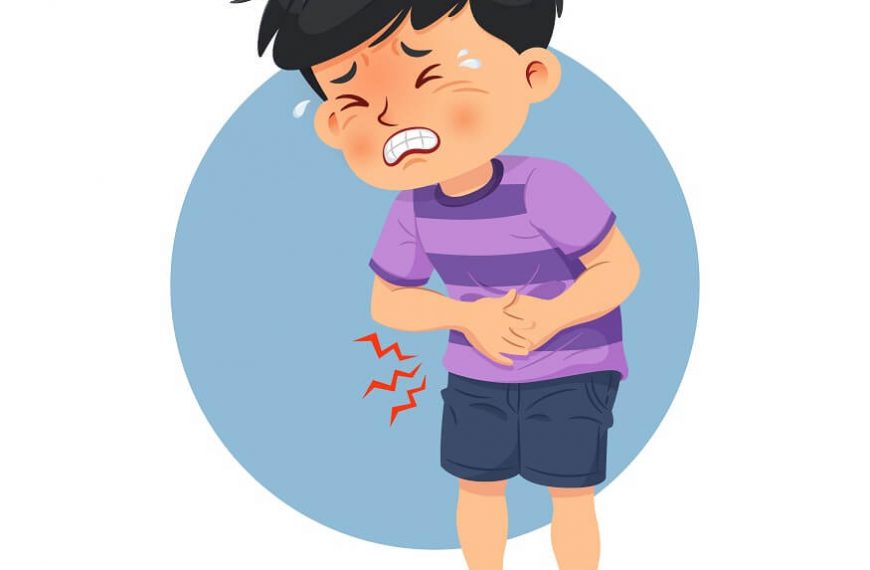Monsoons are such a fabulous season!
There is a fresh burst of green everywhere. The smell of petrichor takes over the air. And of course, there is a hearty dose of piping hot tea and fried fritters! It truly is one of the most blissful times of the year.
But alas. Just like everything else, there is another side to this season as well. One riddled with diseases.
No, wait. We do not mean to scare you. We mean to warn you for your own good. Stomach infections in particular can be quite common during monsoons due to the prevalence of contaminated food and water.
Luckily there is a way you can prevent them. Actually, there are ten such ways. Let us check them out below!
- Maintain optimum personal hygiene
- Drink boiled water
- Eat freshly made, hot food
- Do not eat pre-cut fruits
- Avoid food from roadside stalls
- Keep your children safe from the season
- Restock your medical kit
- Shower after getting wet in the rain
- Do not stay in damp footwear
- Give your immune system a boost
It is very common for germs to pass onto your system via your hands when you eat. This can lead to stomach infections such as gastroenteritis and the like. However, you can prevent that from arising by maintaining proper personal hygiene at all times.
By washing your hands thoroughly with soap, you can dramatically reduce the possibility of an infection. As a general rule of thumb, you must remember to wash your hands in at least three particular instances: after visiting the washroom, before cooking and before eating.
Or at least filtered water that is free of all kinds of contamination. As we all know, contaminated water is the number one carrier of several monsoon-related diseases such as typhoid for example. Drinking tap water or water from street food stalls can considerably increase your risk of contracting these diseases. Stomach infection symptoms can develop too such as vomiting and diarrhoea.
However, by only drinking boiled water you can keep monsoon-related diseases at bay. Make sure you carry your own bottle of boiled water everywhere you go so you can avoid possibly contaminated sources.
Of the major stomach infections is contaminated food. Cold, room-temperature food in particular can be a carrier of germs and bacteria that can cause diseases. These microorganisms thrive in the humid climate of monsoons, contaminating food exposed to them. Hence, it is vital to eat freshly cooked food only, which has been made in a clean and hygienic environment. Foods cooked at high temperature effectively kill all the bacteria in them, thus saving you from diseases.
Step out and you might find a lot of vendors and stalls selling pre-cut fruits. While they can be tempting as a refreshing and nutritious snack-on-the-go, avoid picking them up during the monsoon season. Pre-cut fruits if not stored hygienically can get contaminated easily. Especially those available in roadside stalls. Consuming these can cause an infection, and hence, must be avoided. Eat freshly-cut fruits instead to stay safe.
From deep-fried fritters and sweet meats to delectable delights such as chaats, pani puri and more, it is easy to get tempted by the quick and delicious foods of roadside stalls. Especially during monsoons, when the carving for certain types of foods is high.
However, food from roadside stalls is not always prepared in sanitary environments, their exposure to germs of all kinds is high. Thus making them one of the most common stomach infection causes. The risk of contracting ailments increase when the foods of stalls are water-based or uncooked. So it is best to stay away from them as far as possible during monsoons. Consuming food from roadside stalls can be one of the common causes of food poisoning in children.
Due to a developing immune system, kids can be extra susceptible to the ailments of the season. To prevent your kids from falling prey, take extra care of them during the monsoons. Always pack a fresh lunch for them, give them boiled bottled water and add vitamin C to their diet to keep infections away.
If your child comes down with a stomach flu, be sure to consult your doctor so you can get started on stomach infection treatment. You can also opt for home remedies for stomach infection if your doctor suggests so.
Make sure you have everything you need for common stomach infection treatment that is available over the counter. More so if you are travelling. Having a well-stocked medical kit during monsoons can prevent a hassling trip to the medical store and save valuable time when help is not always at hand. That said, be sure to consult with your doctor which medicines will prove to be a safe addition to your medical kit. In cases you do not have access to a medical kit, try resorting to doctor-recommended home remedies for stomach infection only.
In cities, unfortunately, rain water carries a lot of pollutants, including dust and dirt from buildings which can be full of harmful germs. While getting wet in the rain is best avoided, it cannot always be prevented. So on days you do get drenched in the rain, ensure you take a shower as soon as you get home. This will remove any germs you may have accumulated on your clothes or skin.
Damp footwear and even wet clothes for that matter can cause a fever. To prevent that, you must carry a spare change of clothes and take off wet shoes and socks immediately. Staying in wet clothes and shoes can even cause skin infections. Not to mention they can be a storehouse of bacteria.
If your immune system is compromised, it can make you more susceptible to the infections of the monsoon season. Try giving your immunity a much-needed boost by having a vitamin C rich diet. You can even take a vitamin C supplement, just be sure to consult with your doctor first.
When it comes to stomach infection, stomach infection symptoms or any other monsoon-related ailments, being safe is a million times better than being sorry. Make sure you follow all the above recommendations so you can stay safe and sound and make the most of monsoons. At EuroKids, we try to ensure the safety of our students too during this season, implementing seasonal rules so that sickness can be prevented. For more information on how we do this, visit us.

















